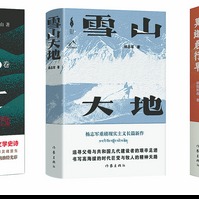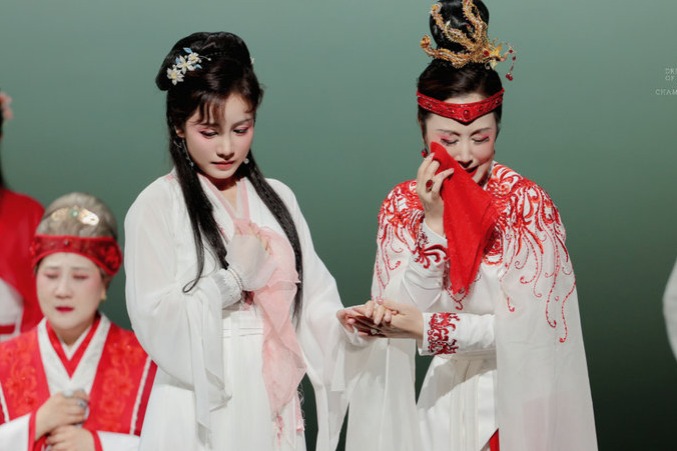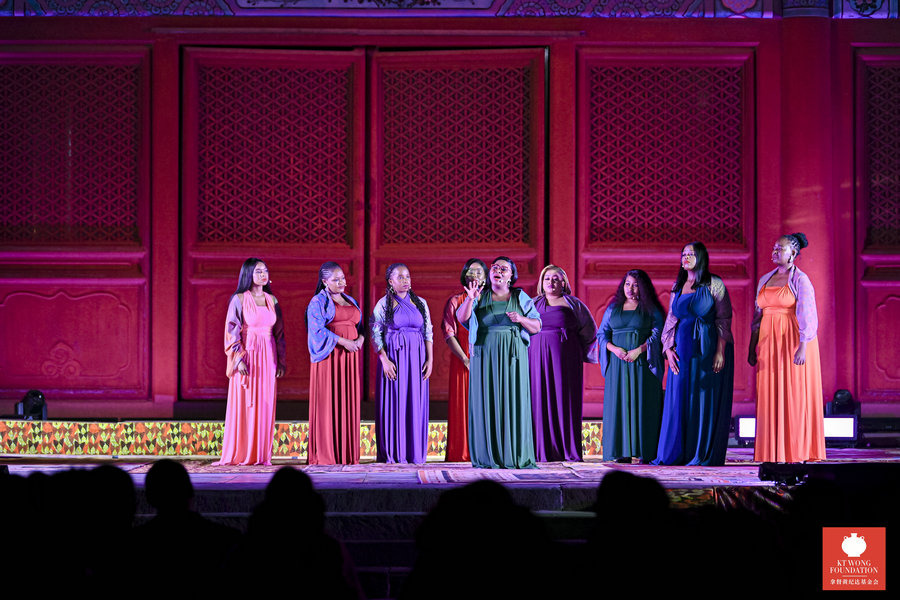Grassroots literature promoted


The China Writers Association has been promoting literature works that feature depictions of grassroots life, the achievements of poverty alleviation and prospects of rural vitalization.
Four full-length novels have been published under the association's Great Changes of Mountain Areas Literary Plan for a New Era, with another 20 works currently being edited and set to be released in the near future.
These forthcoming works also include online literature and children's books.
The literary plan aims to help contemporary authors grasp the broadness, profundity and complexity of the changes to rural life, and to explore the paths rural areas have been taking to pursue modernization, says Zhang Hongsen, Party secretary of the association.
He was addressing a seminar on advancing the plan in Linyi, Shandong province, on July 18.
Zhang says that the plan aims to promote the spiritual legacy of sophisticated authors like Liu Qing (1916-78), Zhou Libo (1908-79) and Zhao Shuli (1906-70), whose works are rooted in the lives of ordinary people.
By carrying on the literary plan, Zhang hopes to discover emerging authors, especially those who have grown up in the countryside and have experienced the historical changes there, and stresses the importance of cultivating competitive, dedicated editors and collaborating with influential literature journals and publishing houses to find talented writers and potential works.
According to Bao Jian, head of The Writers Publishing House, which implements the literary plan, they have received around 1,000 drafts or outlines since the plan was launched last year in Zhou's hometown, Qingxi village in Yiyang city, Hunan province.
According to Bao, one of the four works published, Bai Yang Dian Shang (By the Baiyangdian Lake), written by Guan Renshan, will be adapted into a movie.
He adds that, so far, the publishing house has signed 18 copyright export contracts for the four books, which means that some of these works will be translated and published in 10 foreign languages, including Russian, German, Japanese and Arabic.
fangaiqing@chinadaily.com.cn




































